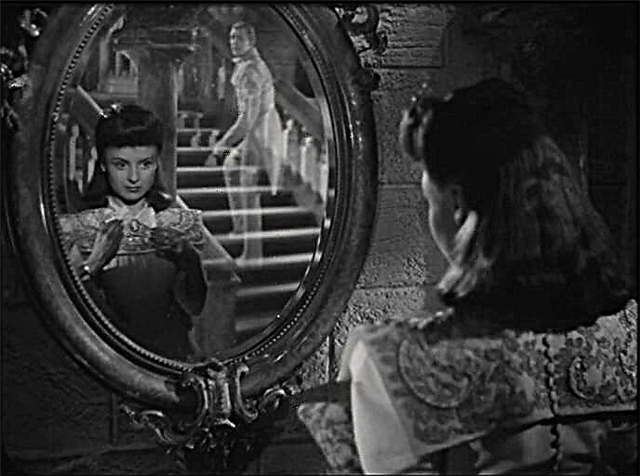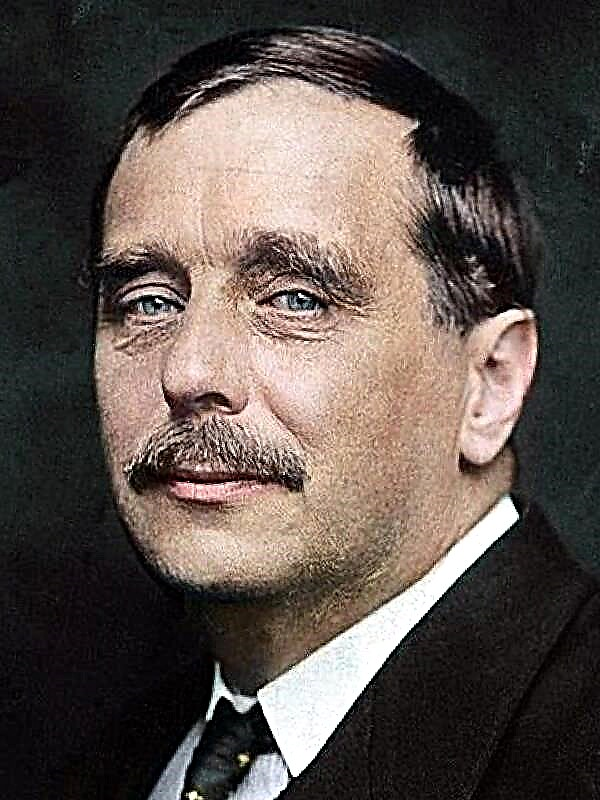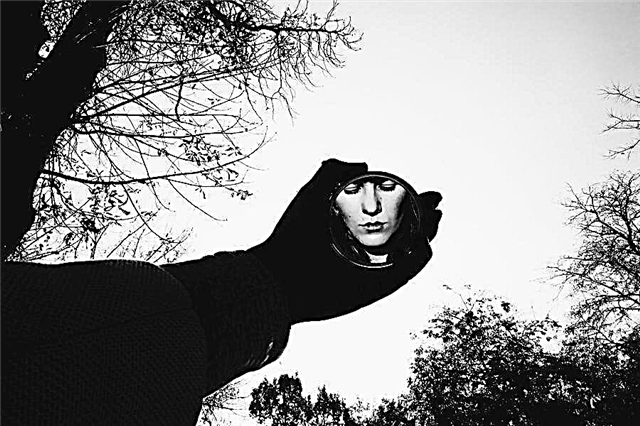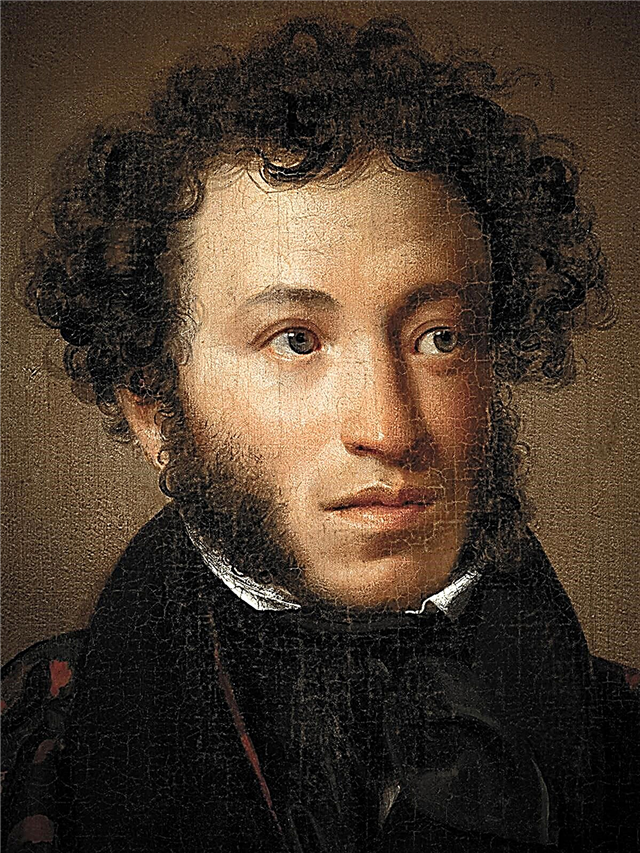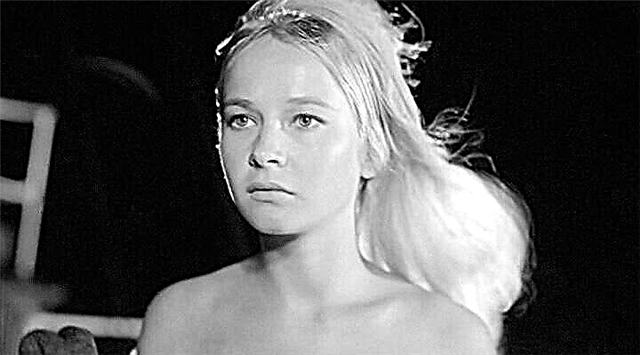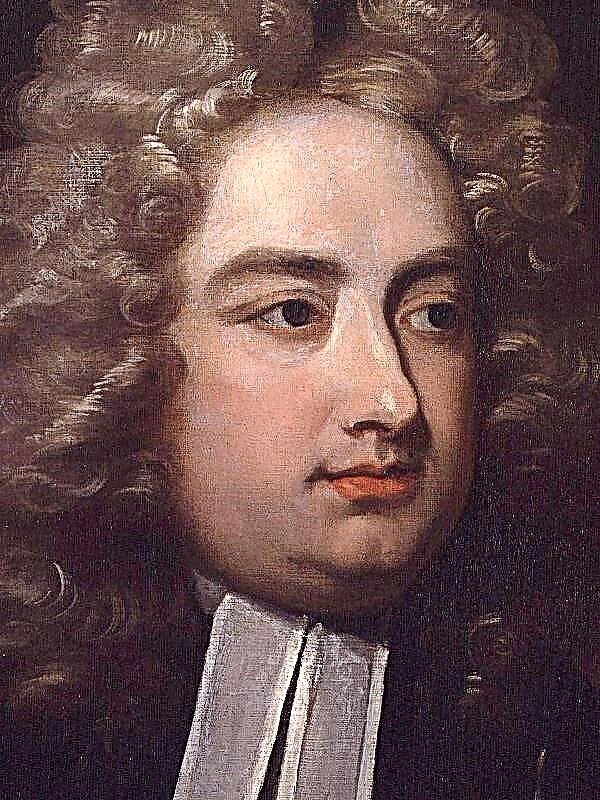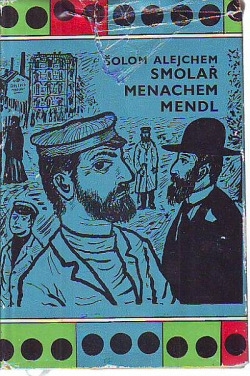In the prologue, the author reports that he saw in a dream a fable about the Peruginian Andreuccio (Boccaccio, character of the fifth short story of the second day in the Decameron — awarded his hero as a joke), and the story of a false philosopher who thought of showing off his horns, but was punished for neglecting the female half, Now two gossips have already entered the stage - it is time to check whether the dream has turned into reality.
Both storylines develop in the play in parallel and are in no way connected with each other. The first begins with a female chatter: Betta says that she handed over a room to a buyer of precious stones from Perugia, his name is Bocaccio, and hens do not peck at the money. In response, Mea exclaims that this is her former owner, a very nice person - she grew up in his house!
The second storyline opens with the argument of Polydoro with Radicchio: the lord speaks of the heavenly face of his coveted, while the footman extols the healthy, ruddy maidservants - if his will, he would have made them all in the countess. Seeing the philosopher, Polidoro hurries to leave. Plataristotel shares with Salvadallo thoughts about female nature: these meager creatures exude an abomination and anger - truly a sage should not get married. The servant giggling fist objects that his master has nothing to be ashamed of, since his wife serves him only as a heating pad. The mother-in-law of the philosopher, Mona Papa, talks with a companion about the atrocities of men: there is no more foul tribe on earth - they would have covered themselves with a pestilence, rot from a fistula, fall into the hands of an executioner, and fall into hellish hell!
Mea innocently spreads to the harlot Tullia everything that she knows about her fellow countryman: about his wife Santa, son Renzo and his father, who in Rome has an illegitimate child from the beautiful Berta - father Bocaccio handed her half a coin of papal coinage, and gave the second to his son. Tullia, having decided to profit from the money of a wealthy Perugian, immediately sends the maid Lisa to Betta with the order to lure Bocaccio to visit.
The wife of the philosopher Tessa instructs the maid Nepitella to invite Polidoro, her lover, to the evening. Nepitella willingly fulfills the assignment, for there is nothing to stand on ceremony with careless husbands. Radicchio, taking this opportunity, flirts with the maid: while the gentlemen are amusing themselves, they could create a glorious salad, because her name means “mint”, and his “chicory”.
Lisa praises Bocaccio for the charms of her mistress. Tullia, barely seeing the “brother”, is filled with burning tears, shows a keen interest in her daughter-in-law Santa and Renzo's nephew, and then promises to show half the coin - it’s a pity that the good broadsword has already left this world!
Plataristotle discusses with Salvaloglio the issue of primary nature, primary intellect and original idea, but the scholarly argument is interrupted with the appearance of the enraged Tessa.
The softened Bocaccio remains to spend the night at the "sister". The guards hired by Tullia attempt to seize him on a false murder charge. A Perugian man in one shirt jumps out the window and falls into the need. Tullia responds with a scornful refusal to pleas, and the pimp Caccia Devil threatens to tear Bocaccio's head off. Only two thieves show compassion for the unfortunate and call with them to work - it would be nice to rob one dead woman, but first you need to wash off the shit. Bocaccio is lowered on a rope into the well, and at that moment breathless guards appear. The appearance of a vaporized fugitive confuses them, and they scatter with a scream.
Plataristotel breaks away from thinking about the erogenous nature of the planets. Having overheard what the maid and his wife were whispering about, he found out that Tessa had messed up with Polydoro. The philosopher wants to set a trap for lovers in order to enlighten the mother-in-law, who always and in everything defends her beloved daughter, and the son-in-law stigmatizes.
Lurking thieves help Bocaccio get out of the well. Then the friendly company goes to the church of St. Anfisa, where the bishop rests in precious robes. Raising the stove, the thieves demand that a newcomer climb into the grave - when he passes them the robe with the staff, they knock out the support. Bocaccio screams in a wild voice, and his accomplices are already looking forward to the brave Peruginian being turned up when the guard escapes to screaming, Radicchio, who lies in wait for Nepitella, hears the joyful muttering of Plataristotel, who managed to lure Polydoro into his office and is in a hurry to please him. The servant immediately warns Tessa. The prudent wife has a second key: she orders Nepitella to release her lover, and instead bring a donkey. Liberated Polydoro swears not to miss a single matins from now on, but to go on dates only with a lamp. Meanwhile, the triumphant Plataristotel, lifting his mother-in-law from bed, leads her to his house. Salvallo obediently assented to every word of the master, calling it a lamp of wisdom, but Mona Papa did not go into his pocket for a word, dignifying the son-in-law of a donkey. Tessa fearlessly goes to her husband’s call, and in the alley, as if by accident, Polydoro appears, purring a love song. Tessa decisively unlocks the study door: at the sight of a donkey, Plataristotle turns pale, and Mona Papa curses an evil fate - what a villain had to become related! Tessa announces that she will not linger for a second in the house where she had to endure so many humiliations: out of modesty she concealed her misfortune from her relatives, but now she can admit everything - this murderer, imagining himself a philosopher, does not want to properly perform conjugal duties! Mother and daughter proudly retire, and Plataristotel can only curse his bad luck. Seeing home Polydoro, who is barely standing on his feet, Radicchio instructively says that you can’t end up with noble ladies - the love of maids is much better and more reliable.
The next trinity of robbers goes to the tomb of the bishop - this time in robes. Fate favors them: the church gates are open, and near the grave there is a backup. Encouraging each other, the burglars get down to business, but here a ghost grows from under the stove and they rush in all directions. Bocaccio praises heaven and swears immediately to give traction from this city. Fortunately for him, Betta and Mea pass by; he tells them how, by the grace of Tullia, he nearly died three deaths - first among dung beetles, then among fish, and finally among worms. Gummies take Bocaccio to bathe, and the story of the ill-fated Perugian ends here.
Plataristotle comes to the sound conclusion that humility is worthy of a thinker: in the end, desire is generated by the nature of women, and not by the lasciviousness of their thoughts - let Salvalogo persuade Tessa to return home. Mother and daughter soften when they hear that Plataristotel repents and confesses his guilt, the philosopher compares Tessa with Platonov Pir and Aristotle's Politika, and then announces that he will begin to conceive an heir tonight. Mona Papa cries with tenderness, Tessa weeps with joy, family members receive an invitation to a new wedding. Nature triumphs in everything: left alone with the servant of Mona Pope, Salvaloglio goes on the storm of girlish virtue.


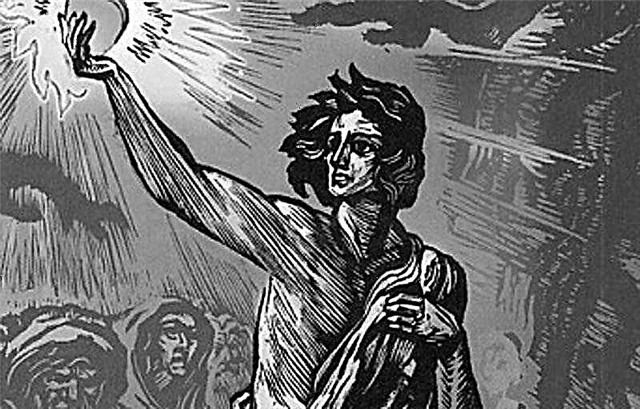
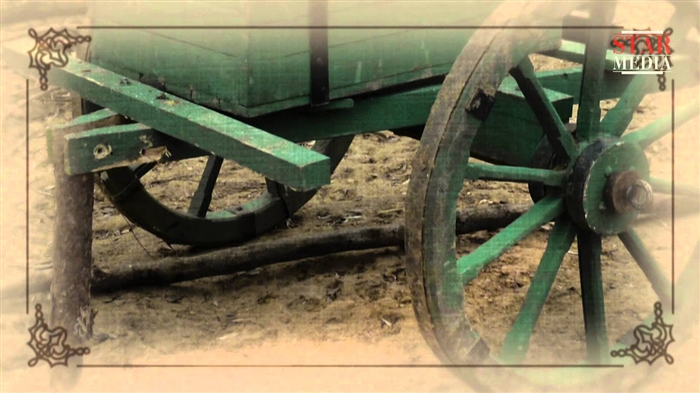 Roslavlev
Roslavlev